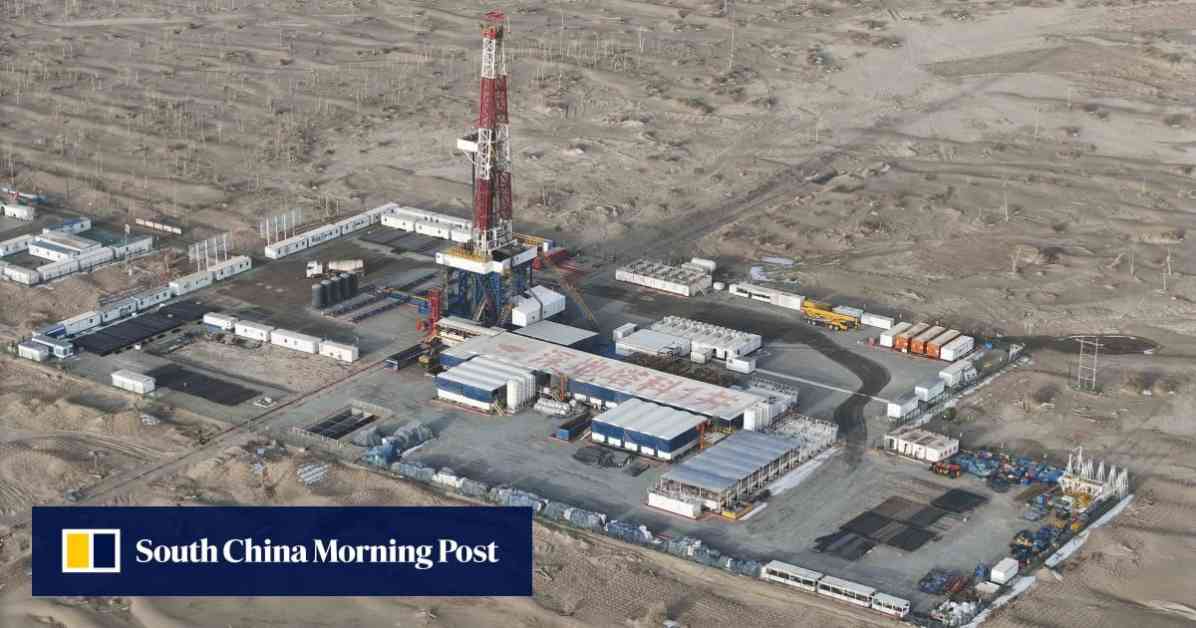China’s Ultra-Deep Drilling Achieves Energy Milestone
China National Petroleum Corporation recently made headlines with the successful production of oil and gas from a groundbreaking 10,910-meter well in the Tarim oilfield, located in the remote Xinjiang Uygur autonomous region of western China. This remarkable feat marks the drilling of the second-deepest hole ever recorded on Earth, solidifying China’s position as a key player in the global energy landscape.
Challenges of the Deep
The Shenditake 1 well, dubbed the first “ultra-deep” well in Asia, posed numerous challenges for the dedicated team behind its drilling. Wang Chunsheng, the well manager, recounted the arduous process that unfolded over 270 days to reach the 10,000-meter mark, followed by an additional 300 days to navigate the final 900 meters. The journey was fraught with obstacles, including the instability of the well wall, damage to drilling tools, and underground leaks that tested the team’s resilience and expertise.
According to Wang, the critical moment at 10,000 meters presented a turning point in the operation, requiring innovative solutions and unwavering determination to overcome technical setbacks. The meticulous precision and unwavering dedication of the team ultimately led to the successful extraction of valuable resources from the depths of the Earth, showcasing China’s commitment to energy security and self-sufficiency.
Strategic Implications for China’s Energy Sector
As China grapples with mounting energy security concerns, intensified domestic oil and gas exploration efforts have become imperative for the nation’s economic stability and growth. The reliance on imported crude oil, predominantly sourced from countries like Russia and Saudi Arabia, has underscored the urgency of bolstering domestic production to mitigate supply chain vulnerabilities and ensure a steady energy supply for the world’s second-largest economy.
In 2020, China imported a staggering 553 million tonnes of crude oil, representing a marginal decrease of 1.9% from the previous year. In contrast, domestic oil production witnessed a modest uptick, reaching 212.8 million tonnes, reflecting the government’s proactive measures to enhance self-sufficiency and reduce dependency on foreign imports. The successful drilling of the ultra-deep well in the Tarim oilfield heralds a new chapter in China’s energy security strategy, signaling a shift towards greater autonomy and resilience in the face of global energy dynamics.
In conclusion, the groundbreaking achievement of China National Petroleum Corporation in drilling the ultra-deep Shenditake 1 well represents a significant milestone in the country’s quest for energy security and self-reliance. By surmounting formidable challenges and pushing the boundaries of drilling technology, China has demonstrated its unwavering commitment to securing a stable and sustainable energy future for its citizens. As the global energy landscape continues to evolve, China’s strategic investments in domestic exploration and innovation are poised to shape the trajectory of the energy sector for years to come.



























